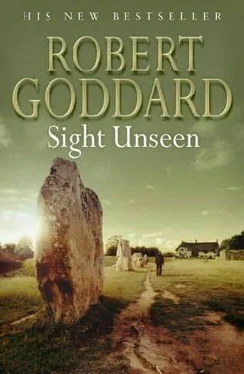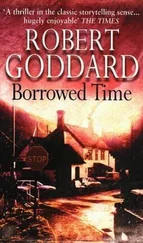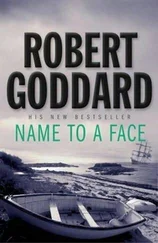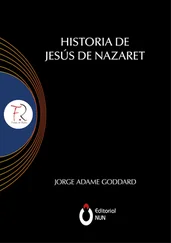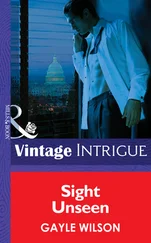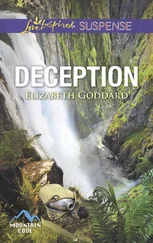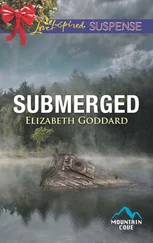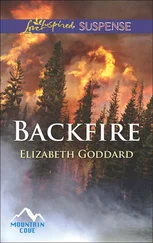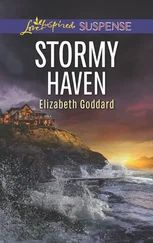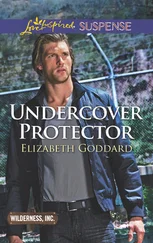'I don't understand. How -'
'Wait.' Hall braked sharply and pulled in off the road. The cones of light from the headlamps tunnelled ahead of them along a track leading into the woods. Hall drove slowly, tyres crunching over the rough surface, suspension wallowing through the potholes. 'Let's get clear of the road,' he said.
Fifty yards or so sufficed. At that point Hall steered into the side of the track and stopped. He turned off the engine and, a second later, the lights. Darkness closed around them like a hood. Then Umber saw the glow of the dashboard lighter. Hall had taken a cigar out of his pocket. He lit it, replaced the lighter, then lowered the window. The damp night air drifted in, thinning the pungent smoke.
'What now?' Umber asked.
'I talk.' Hall drew on the cigar. 'And you listen.'
'I've always done my best for my children, Umber. You may find that assertion ironic in the light of what you know. And you may find it even more ironic in the light of what you're about to learn. But it's true. I've done everything in my power to protect them. Everything.
'I'm going to tell you a story. In every important sense, it's the story of my life. It begins – and I suppose it ends – with money. The making of it. The multiplying of it. And the spending of it. I don't do much of the last. No need, really, with Marilyn on hand. And the first isn't strictly my line. But the second? I'm a past master at that. One of the best. One of the very best. The keeping, the concealing and the breeding of wealth. That's my speciality. My vocation, if you like.
'You could call it a gift, this skill of mine. Many have. I have. I don't any more, though. I understand all too clearly now how big a curse it can be. Not because of the money itself, but because of the sort of people it's brought me into contact with. My particular kind of talent attracted a particular kind of client. The kind I should never have trusted. Because they never trusted me. It's lack of trust that does for you in the end, every time.
'My career in banking was entirely above board until I met… let's call him Smith. I suspect you may have met him recently yourself, in Jersey. You may also have seen his oversized yacht moored in St Helier Harbour. At the outset of our relationship, I believed Smith was a bona fide businessman. Likewise the friends he recommended me to. Later, I realized they were all criminals. I could have stopped acting for them at that point. I should have. But I didn't. The commission they paid was generous. And there was a thrill, I don't deny, to working for them. Plus a good many fringe benefits. They were difficult people to say no to. Though, to be honest, I never put that seriously to the test. They weren't the sort of criminals you ever read about, of course – the sort who get caught. They were the big fish.
'I referred to Smith's network as the consortium, though needless to say they never called themselves anything of the kind. They thrived on caution and anonymity. They were powerful, with interests and associates around the world. But they were also invisible. And they wanted to stay that way. They had money to invest. Lots of it. More than they could handle. Which is where I came in. I made their money work for them – discreetly.
'I also laundered it, of course. The profits they made through me left no trail that could be followed to their doors. That was easier to do then than it is now. But I don't have to involve myself much in that kind of activity any more. After a certain point, which we passed long ago, the process becomes self-replicating. The system takes over. And it's a good system. Foolproof. I should know. I designed it.
'Let's be under no illusions. The crimes these people made their lavish livings out of were as vile as you can imagine. They wore smart suits. They spoke softly. But that was merely the side of them they chose to show me. The other side… I didn't want to see.
'I persuaded myself I deserved the considerable rewards that working for the consortium brought me. I acquired responsibility for managing the greater part of their finances. I set up my own business and became wealthy in my own right. I maintained a notional presence in conventional banking, but it was only cover for my activities on behalf of the consortium. I was their banker, exclusively, piloting the proceeds of their crime through legitimate and lucrative investments around the world via respectable institutions and untraceable accounts. It was a great time. I loved my work.
'I don't any more. I haven't for many years. I still act for them, of course. I don't actually have any choice in the matter. It's not the sort of job you can resign from. But I would if could. Like a shot.
'What it boils down to is this. They decided they couldn't continue to rely on my discretion. I knew too many of their secrets. I was their one potential weakness – an unacceptable risk, but also indispensable. They needed a way to bind me to them, to guarantee my loyalty absolutely. And they found such a way: the theft of my youngest child. That was their plan. Brutal, simple, effective. Such is the nature of men like Smith.
'Their calculation was that to ensure the safety of my other two children and in return for evidence of Tamsin's continued wellbeing, I would serve them unquestioningly. And so I did. Ironically, Miranda's death, which formed no part of their plan, rendered it even more effective. I only had Jeremy left then to fear for. And my fear was all the greater as a result.
'Carrying that secret dread around with me destroyed my marriage. But what could I do? Tamsin's life would have been forfeit – as well as Jeremy's – if I'd told anyone the truth. I had no choice but to do their bidding. Tamsin was lost to me. But she wasn't dead. She could lead a happy and fulfilled life under another name provided I never tried to find her and let the world believe what Jane believed: that both our daughters were dead.
'The flaw in any plan, of course, is the unpredictability of events. Griffin saw what happened and followed the van. He had to be disposed of. And he was. But then someone else had to be found to account for the car you saw driving past the pub. And Miranda's death raised the stakes. The planned abduction became a callous murder. Worse, it was an unsolved murder, which meant it didn't fade from the public mind. So then I was required to hire Wisby to give the impression I was doing everything in my power to crack the case. And eventually it was decided someone had to be found to admit he'd killed both girls. Step forward Brian Radd. As a sex offender, he needed the kind of protection in prison only someone like Smith could arrange for him. In return for that, he was willing to confess to anything. And he got his protection, didn't he? Until the day he died.
'Then there was Tamsin herself – Cherie, Chantelle – growing to rebellious adulthood. And Sally, driven by her certainty that Radd's confession was false, looking, always looking, for the girl she believed was still alive. And then finding her, by chance, in the pages of a magazine.
'So they killed Sally, dressing it up to look like suicide. The man you know as Walsh was good at that kind of thing. He wasn't so good at hide-and-seek, though. Cherie gave him the slip, became Chantelle and, eventually, last year, contacted Jeremy.
'Well, you know about that. So do I now. Flushing out Marilyn. Sending the letters. Stirring up all the secrets. And what you don't know you can guess. Someone must have tipped the consortium off about Sharp's intention to question Radd. Taking him out was an overdue precaution on their part. But they had to tread carefully. They probably considered killing you, Sharp and Wisby. But that would have risked splitting the official version of events wide open. So, they played it softly. Softly by their standards, anyway.
Читать дальше
